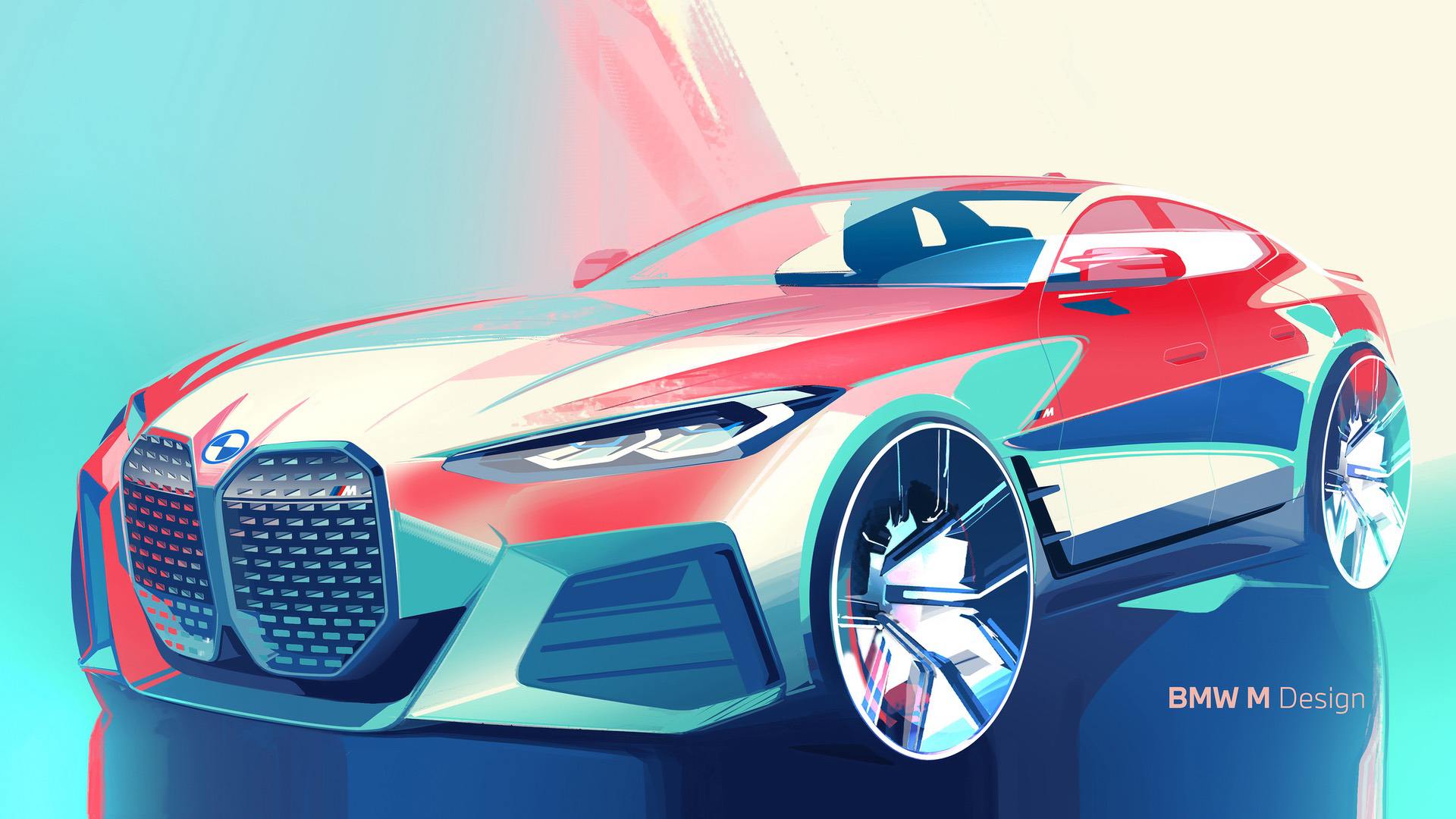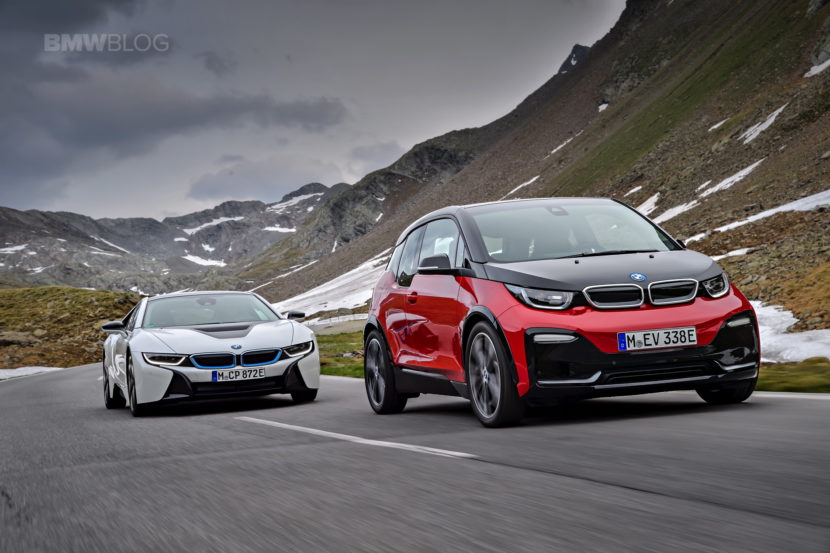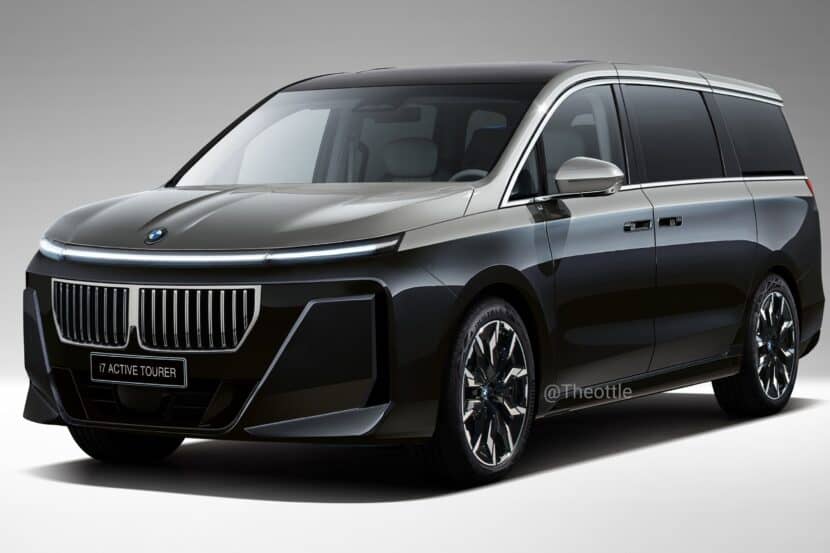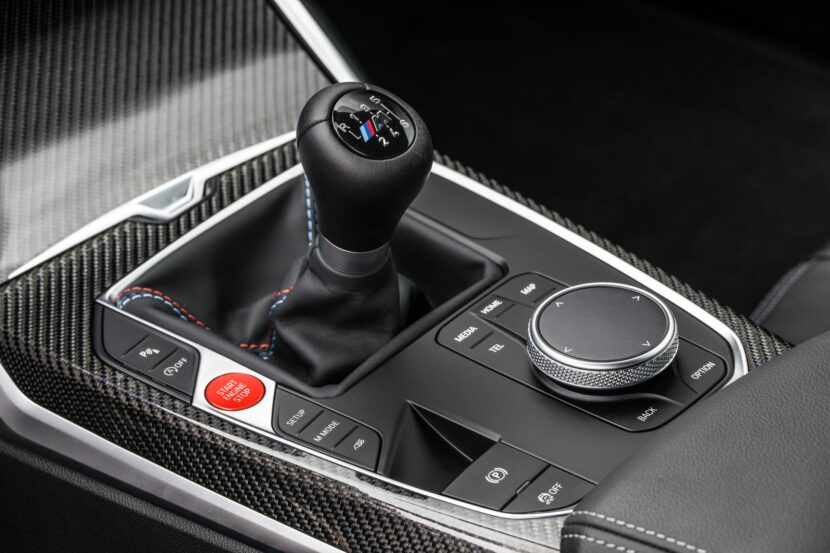Last week, BMW confirmed rumors that had been circulating online about switching to round battery cells for Neue Klasse electric vehicles arriving in 2025. The sixth-generation battery will bring benefits on all fronts by improving range (+30%) and charging speed (+30%) while lowering production costs (-50%). Compared to prismatic cells currently in use, the cylindrical cells will cut CO2 emissions generated during the manufacturing process by 60%.
In an interview with Autocar, BMW’s man in charge of the Efficient Dynamics program shared some details about what the Bavarian company refers to as Gen6 batteries. Thomas Albrecht reiterated future EVs will indeed come with a boost range of at least 30% but won’t exceed 1,000 kilometers (621 miles) on a single charge. Even if it’ll be technically possible to go over the threshold, Neue Klasse-based models won’t go any farther.
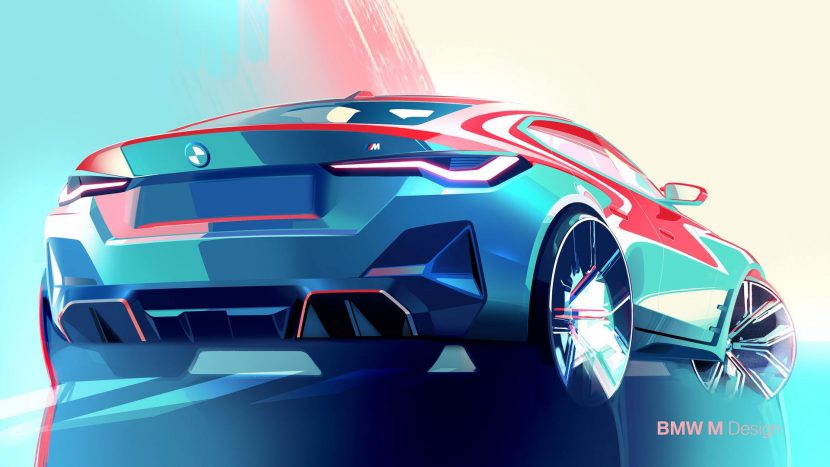
Why? Thomas Albrecht believes a longer range is not necessary. That makes sense considering only a handful of combustion-engined cars, mainly diesel-powered models, can go 1,000 km before refueling. Gen6 batteries – which will use BMW’s bespoke chemistry – will be made with Chinese partners CATL and Eve Energy and are estimated to weigh up to 20% less than today’s batteries.
With the significant increase in charging speeds, Neue Klasse models are expected to support a maximum charging power of 270 kW. The battery will have more nickel but less cobalt and is going to come in two different heights depending on the application. As far as longevity is concerned, Thomas Albrecht said Gen6 batteries will still retain more than 80% of their performance even after 10 years of use.
As a refresher, the NE lineup will be inaugurated with a sedan and a crossover in the 3 Series segment. The first model is going to be assembled at BMW’s new Debrecen plant in Hungary, with a second EV to follow in Munich. To support the massive need for battery packs, six plants will be built with an annual capacity of 20 kWh: two in Europe, two in China, and two in the USMCA (United States-Mexico-Canada Agreement).
Source: Autocar


